We may earn money or products from the companies mentioned in this post. This means if you click on the link and purchase the item, I will receive a small commission at no extra cost to you ... you're just helping re-supply our family's travel fund.

English is the world’s most spoken second language, making global travel smoother for native speakers. From North America to Asia and Africa, many countries use English in daily life, education, business, or tourism. Whether it’s the official language or simply widely understood, these 15 destinations are ideal for English-speaking travelers looking to explore with ease, comfort, and connection—no phrasebook required.
United States
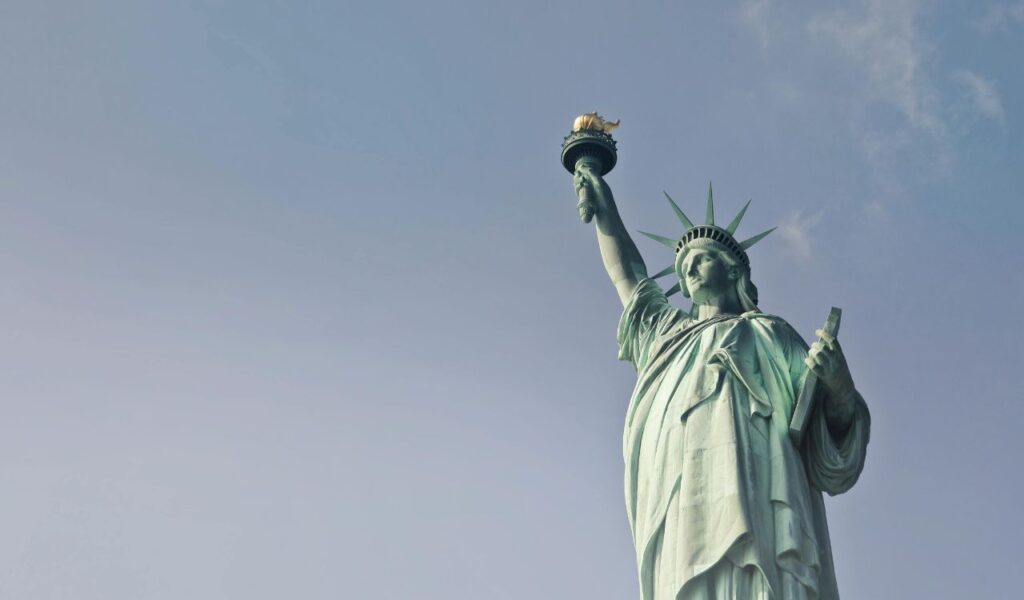
English is spoken by over 230 million people, making the U.S. the largest English-speaking country in the world. It’s the main language used in schools, media, government, and everyday life. From coast to coast, travelers can expect to communicate easily in English, whether exploring big cities like New York and Los Angeles or small rural towns. With such widespread use, it’s one of the easiest countries to navigate for English speakers.
United Kingdom
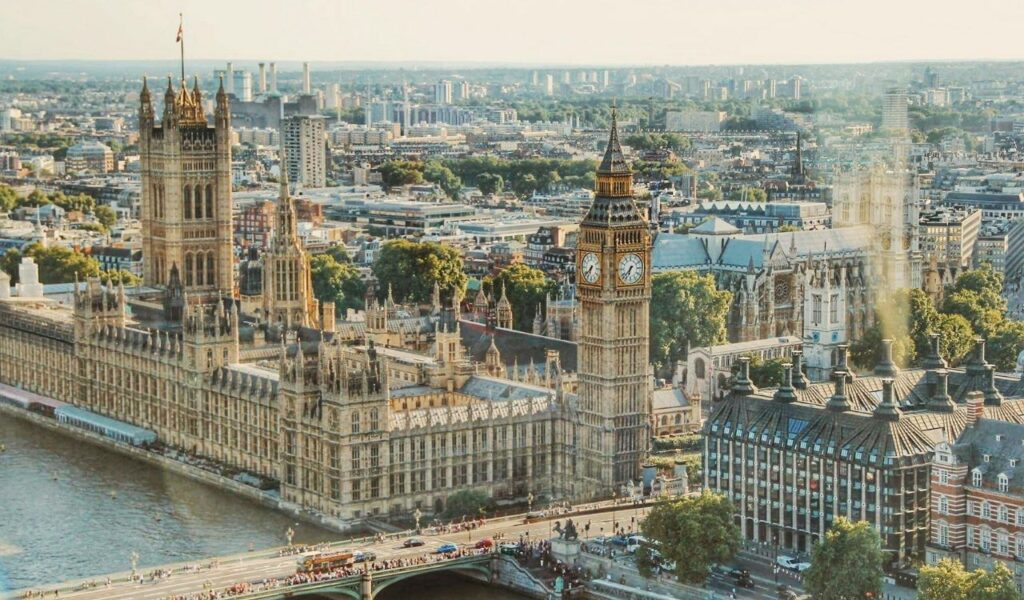
The birthplace of the English language, the United Kingdom uses English as its primary language across England, Scotland, Wales, and Northern Ireland. While each region has its own accents and local slang, English remains the dominant form of communication. Travelers will have no trouble navigating local transport, restaurants, or historical sites using English in this culturally rich and language-accessible country.
Canada
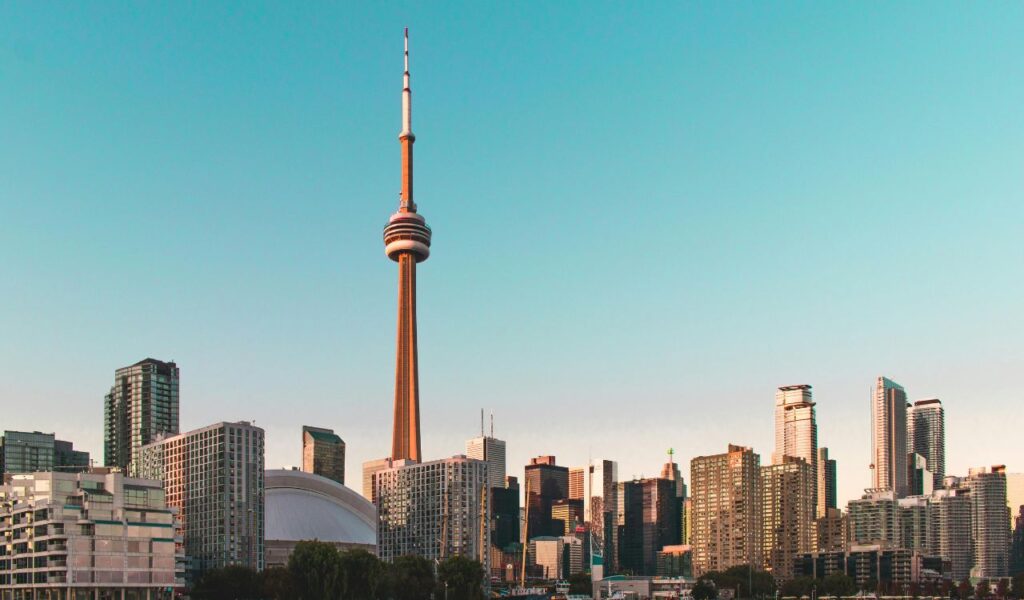
English is one of Canada’s two official languages, along with French. While French is dominant in Quebec, English is widely spoken in provinces like Ontario, Alberta, and British Columbia. Most government services, education, and business operations are conducted in English. Whether you’re exploring cities or nature, Canada offers a comfortable experience for English speakers, with clear signage and friendly locals.
Australia
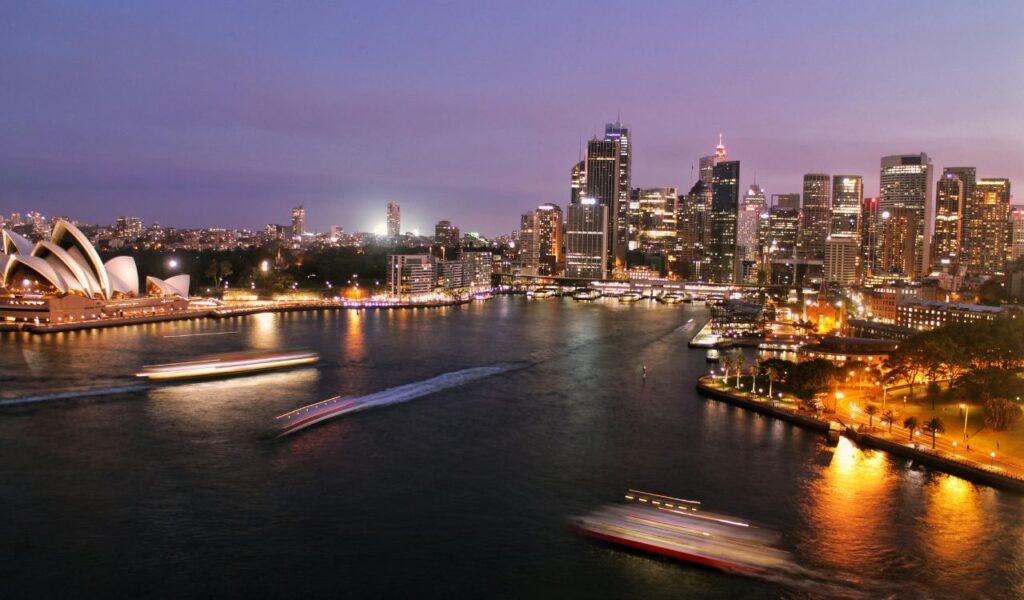
Australia has no official language, but English is the most widely spoken by far. The accent and local slang might be different from American or British English, but communication is easy for visitors. English is used in government, media, education, and day-to-day life. Whether you’re exploring cities like Sydney and Melbourne or venturing into the outback, English will help you feel right at home in Australia.
New Zealand

English is the dominant language in New Zealand, with nearly everyone speaking it fluently. Although Māori is also an official language, most everyday communication, education, and business is conducted in English. Tourists can easily navigate both urban and rural areas. From Auckland to Queenstown, signage and services are English-friendly, making it a very accessible destination for international visitors.
Ireland
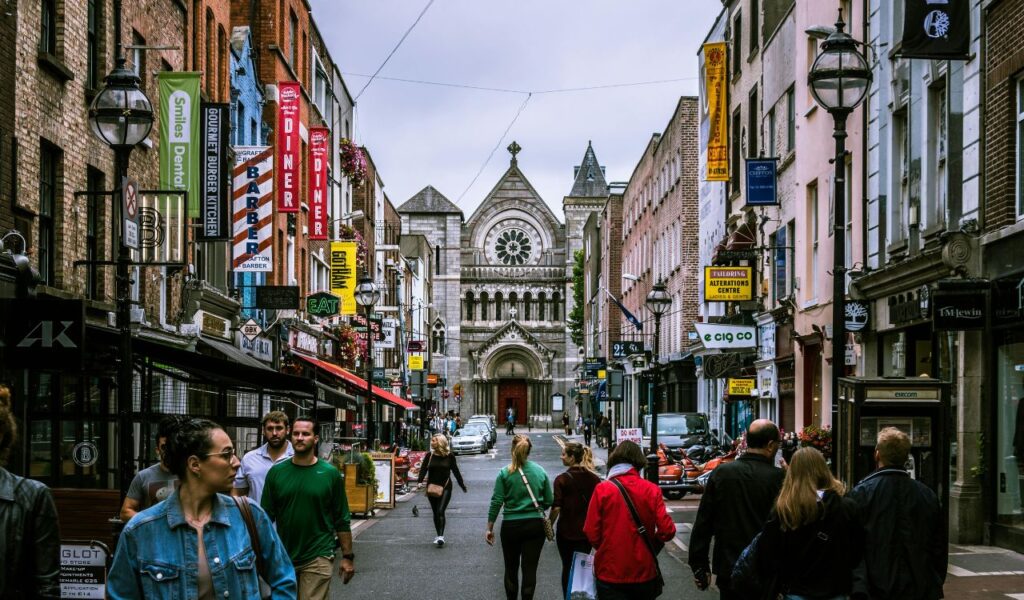
Though Irish (Gaelic) is the national language, English is spoken by 99% of the population in Ireland. It’s the main language used in business, education, and daily communication. Most signs are bilingual, but English is universally understood. From Dublin’s lively streets to the quiet countryside, travelers will find it easy to talk to locals, get directions, and enjoy Irish culture without a language barrier.
South Africa
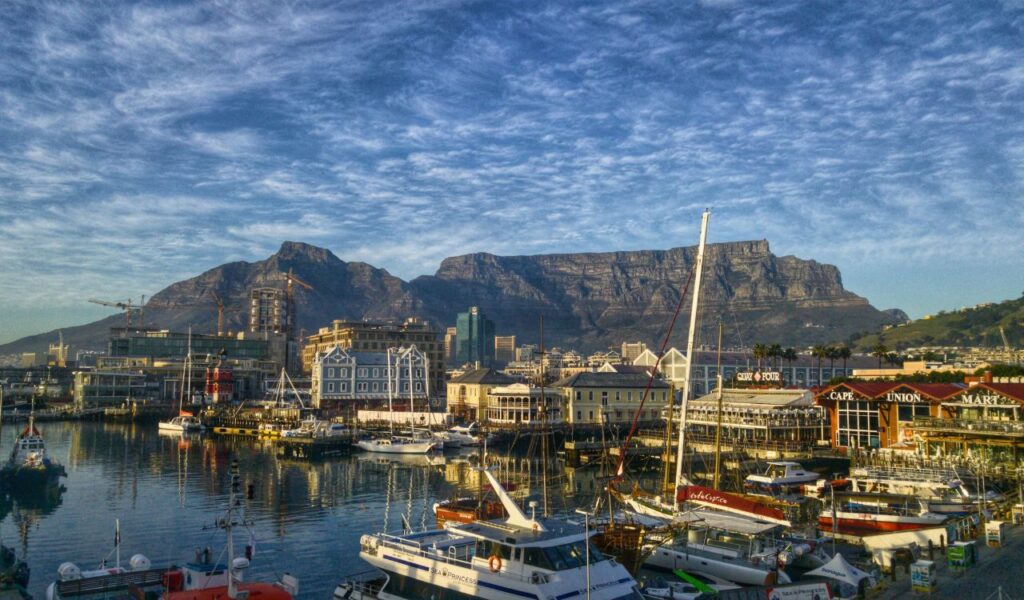
English is one of South Africa’s 11 official languages and is the most commonly used for business, tourism, and education. It’s widely spoken in major cities like Cape Town and Johannesburg. While many people are multilingual, English remains the go-to for formal and cross-cultural communication. Travelers will find signs, menus, and services in English, making it easy to explore and engage with locals.
Singapore
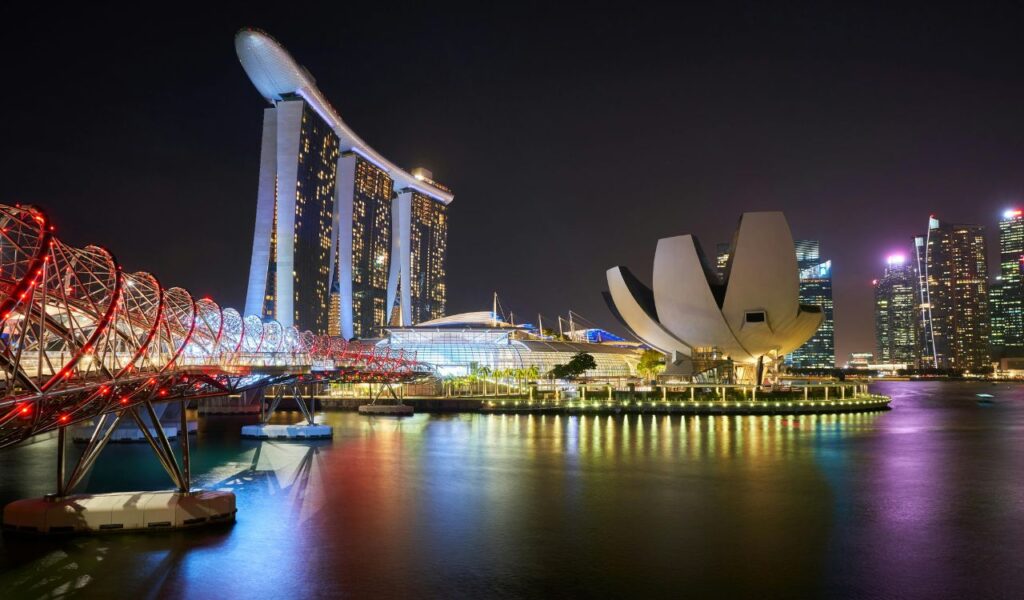
In Singapore, English is one of four official languages and is the main language of education, law, and business. It’s spoken fluently by the majority of the population. Street signs, official documents, and public transport instructions are all in English. The country’s bilingual education system ensures most citizens are comfortable using English, making travel, dining, and shopping a smooth experience for visitors.
India

India has dozens of regional languages, but English is one of its two official languages and plays a key role in education, business, and government. Though only a portion of the population speaks it fluently, over 100 million Indians use English regularly. In urban areas and professional settings, English is commonly spoken. For tourists, English is widely used in airports, hotels, transport, and tourist sites.
Philippines

English is one of the two official languages in the Philippines and is used in schools, government, and business. Most Filipinos speak it fluently or conversationally, especially in urban areas. Street signs, public announcements, and menus often appear in English. Whether you’re visiting Manila or a beach town, English will help you navigate with ease. It’s a top destination for English-speaking travelers in Asia.
Pakistan
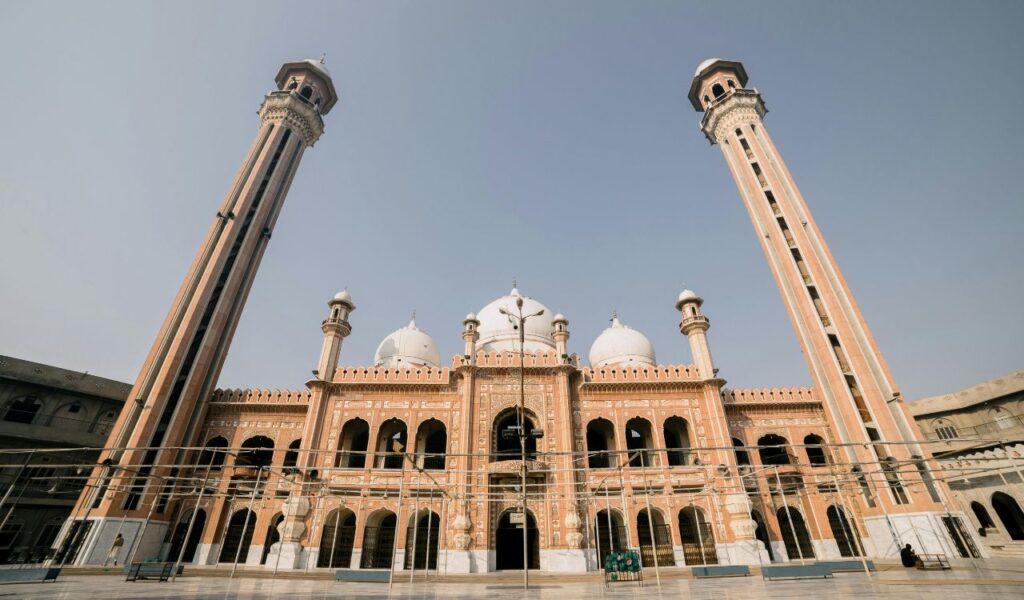
English is an official language in Pakistan and is heavily used in the government, education, and legal systems. While Urdu is the national language, English is the medium of instruction in many schools and universities. Urban professionals often speak fluent English. Tourists will find English spoken in hotels, airports, and business centers, though rural areas may require basic Urdu or translation help.
Malta

Malta has two official languages—Maltese and English. A former British colony, Malta retains strong English influence, and about 90% of its population speaks English. Government, education, and tourism operate in English, and all signage is bilingual. Visitors will find it easy to explore the island’s beaches, historical sites, and shops, with plenty of locals fluent and happy to speak in English.
Belize
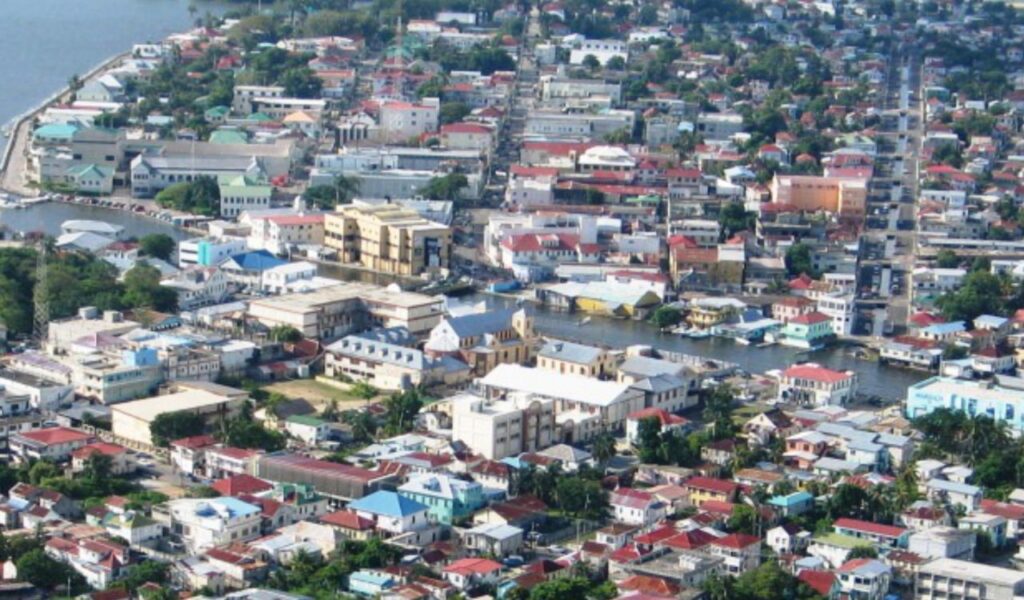
Belize is the only Central American country where English is the official language. It’s spoken by the majority of the population and used in government, education, and tourism. Other languages like Spanish and Creole are also spoken, but travelers will have no problem using English to get around. Belize’s friendliness and English accessibility make it a top choice for Caribbean-bound English speakers.
Netherlands
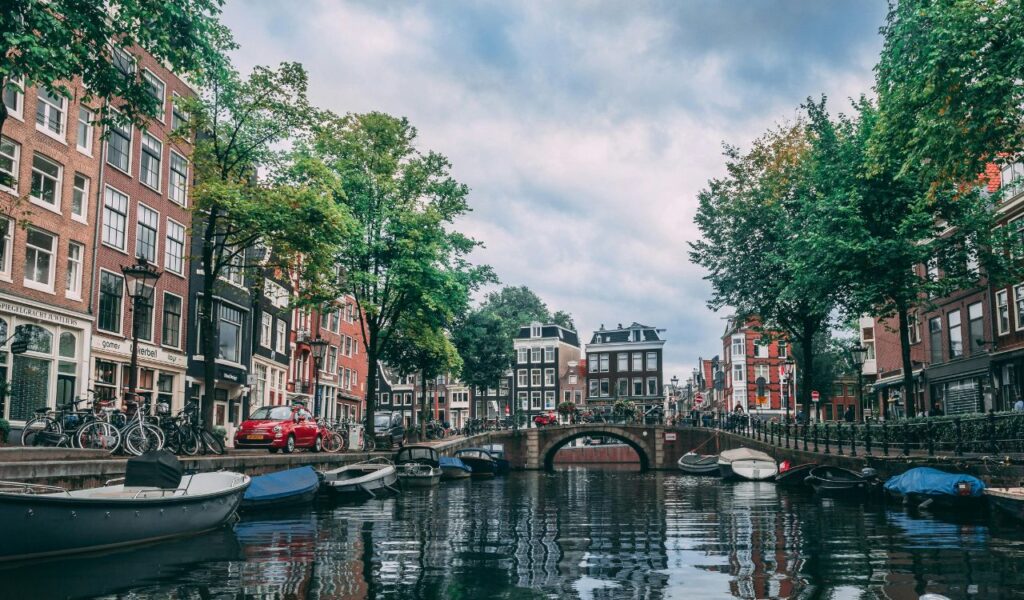
Dutch is the official language of the Netherlands, but English is widely spoken—by nearly 90% of the population. It’s taught from a young age, and most people in urban areas speak it fluently. Restaurants, hotels, museums, and transport services often use English, making it easy to travel and communicate. Visitors can expect to have fluent conversations with locals in cities like Amsterdam and Rotterdam.
Jamaica
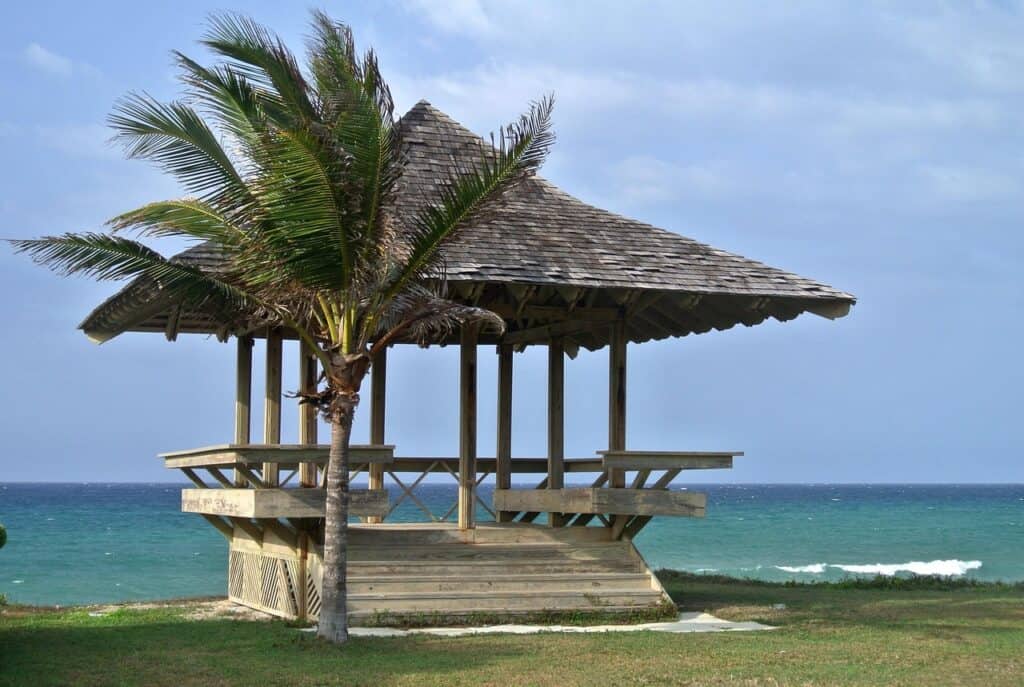
English is Jamaica’s official language and the foundation of government, schools, and tourism. Most locals switch comfortably between English and Jamaican Patois, so travelers hear a mix of both while still communicating easily. Signs, menus, and tours run in English, making everything from beach towns to Blue Mountain trails simple to navigate. It’s one of the Caribbean’s most effortless destinations for English-speaking visitors.